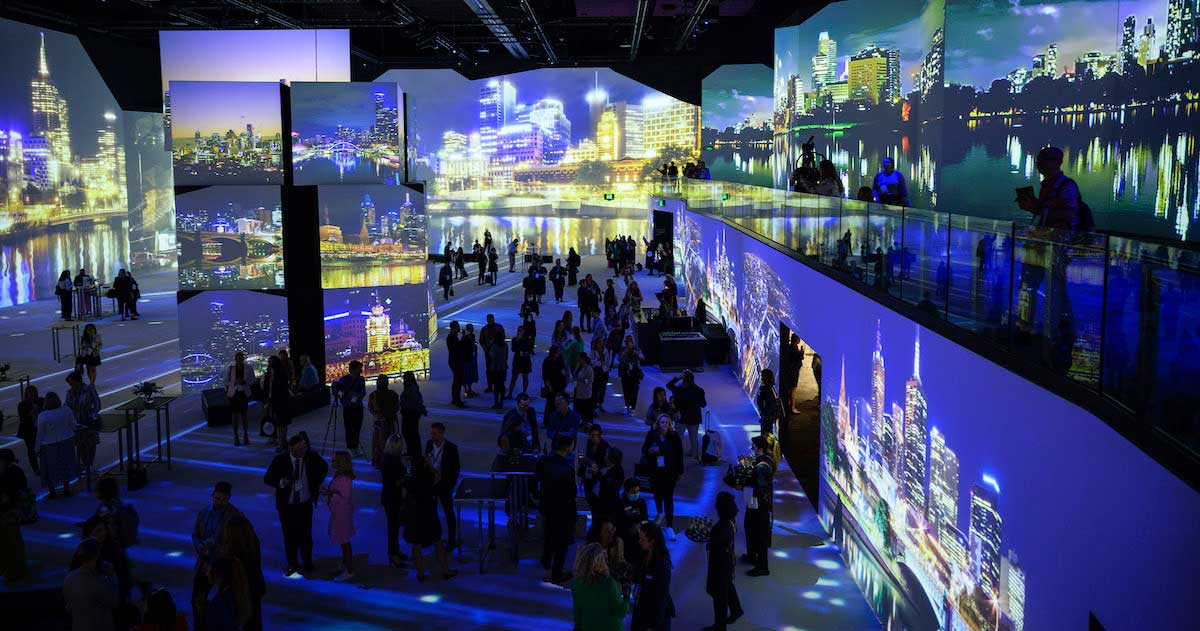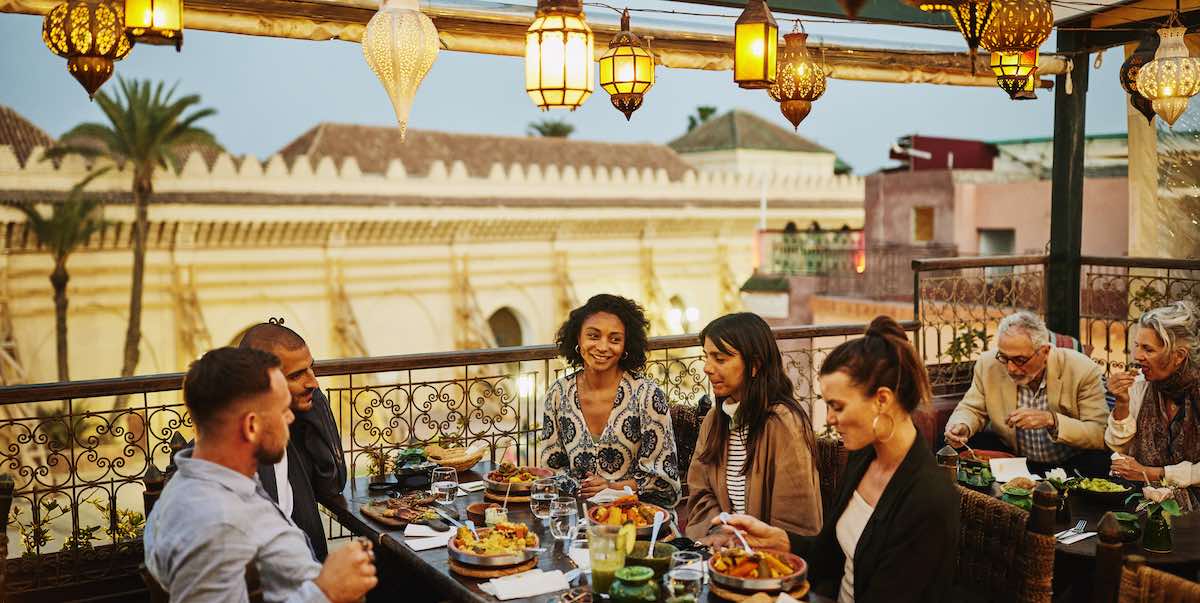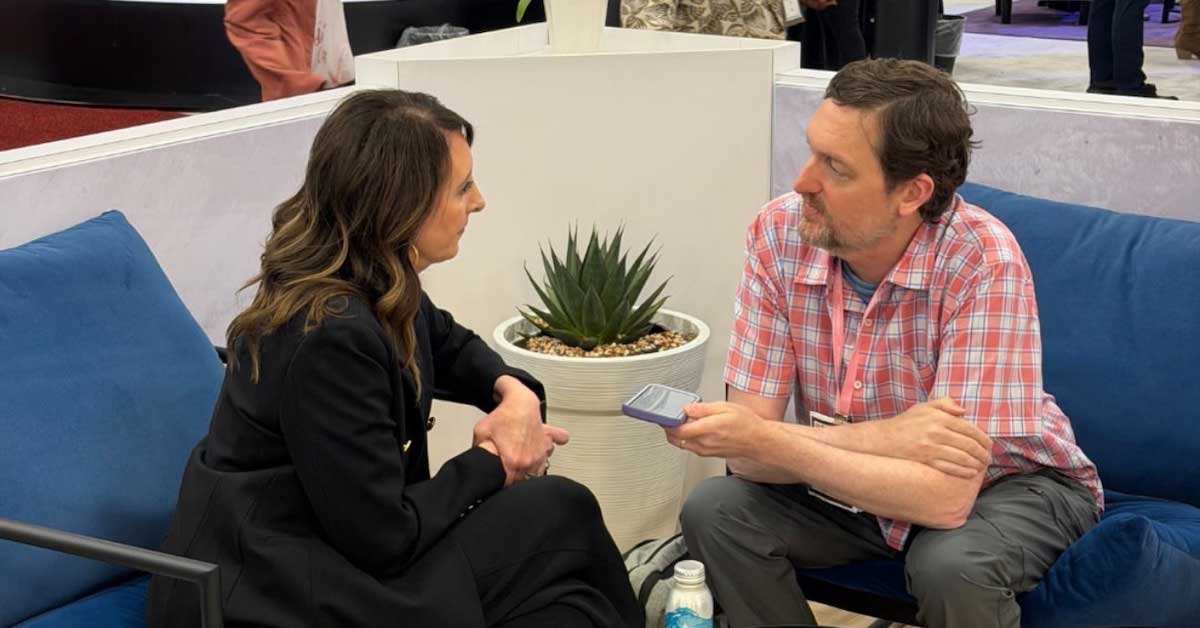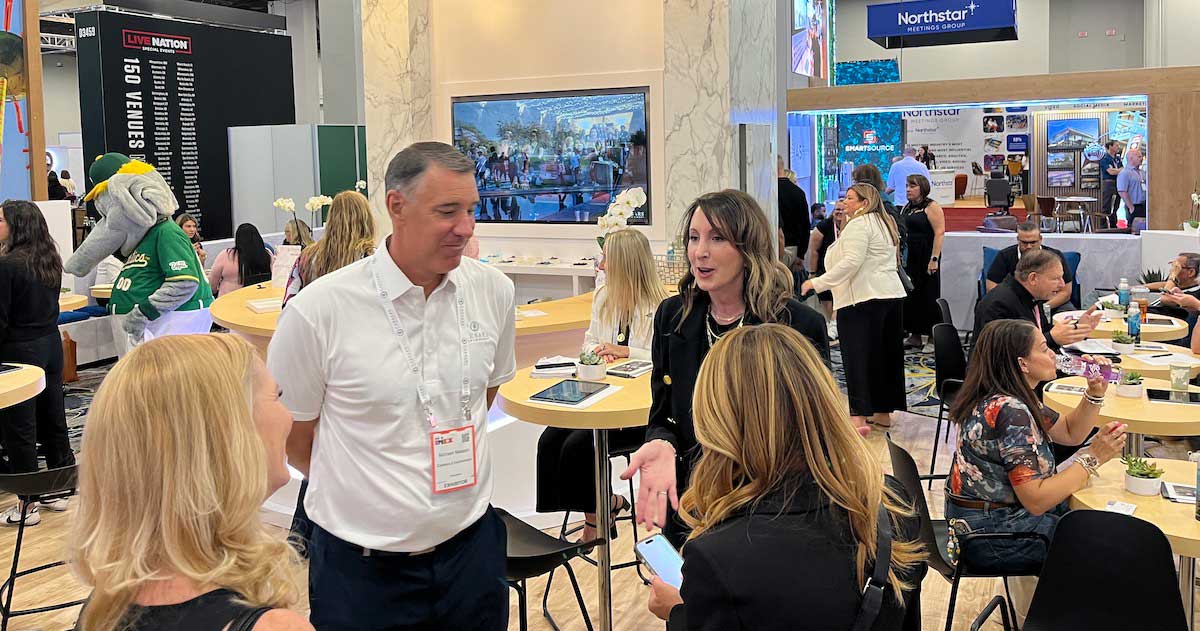This article is brought to you in partnership with the Melbourne Convention Bureau (MCB) and Business Events Australia.
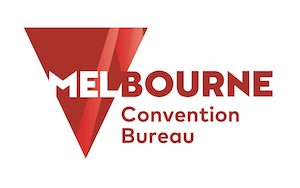
As international associations get to grips with short-term planning and evolving technology, Melbourne Convention Bureau’s Chief Executive, Julia Swanson, explores the trends to watch.
Throughout this time, organisations have been forced to re-evaluate their strategy and focus on value. High-impact activities and less-is-more approaches have been needed particularly while cash flows are under pressure.
“As the global meetings industry es of the pandemic, organisations have been forced to re-evaluate their strategy,” says Julia Swanson, Chief Executive of Melbourne Convention Bureau (MCB). “High-impact activities and less is more approaches have been needed particularly while cash flows are under pressure.”
But with those challenges come innovation and new opportunities.
Optimisation of meeting design
According to Ms. Swanson optimisation of meeting design is the buzz phrase of 2022, “With strong demand for in-person events to return and rapid developing technology, the focus needs to be on optimal meeting design to cater for both in-person and virtual attendees, noting their needs and experiences differ and delivery needs to be personalised to the channel.
“Organisations will also need to think through the commercial realities of multi-channel meetings and understand the impact on their bottom line," Swanson says.
Technology options
With the explosion in technology brought on by necessity during COVID, Swanson says we should expect to see the range of products evolve and consolidate.
“A focus on diversity will be key to ensure a wide range of perspectives are brought to audiences and maximum engagement can be provided. It’s an exciting time for the sector,” she adds.
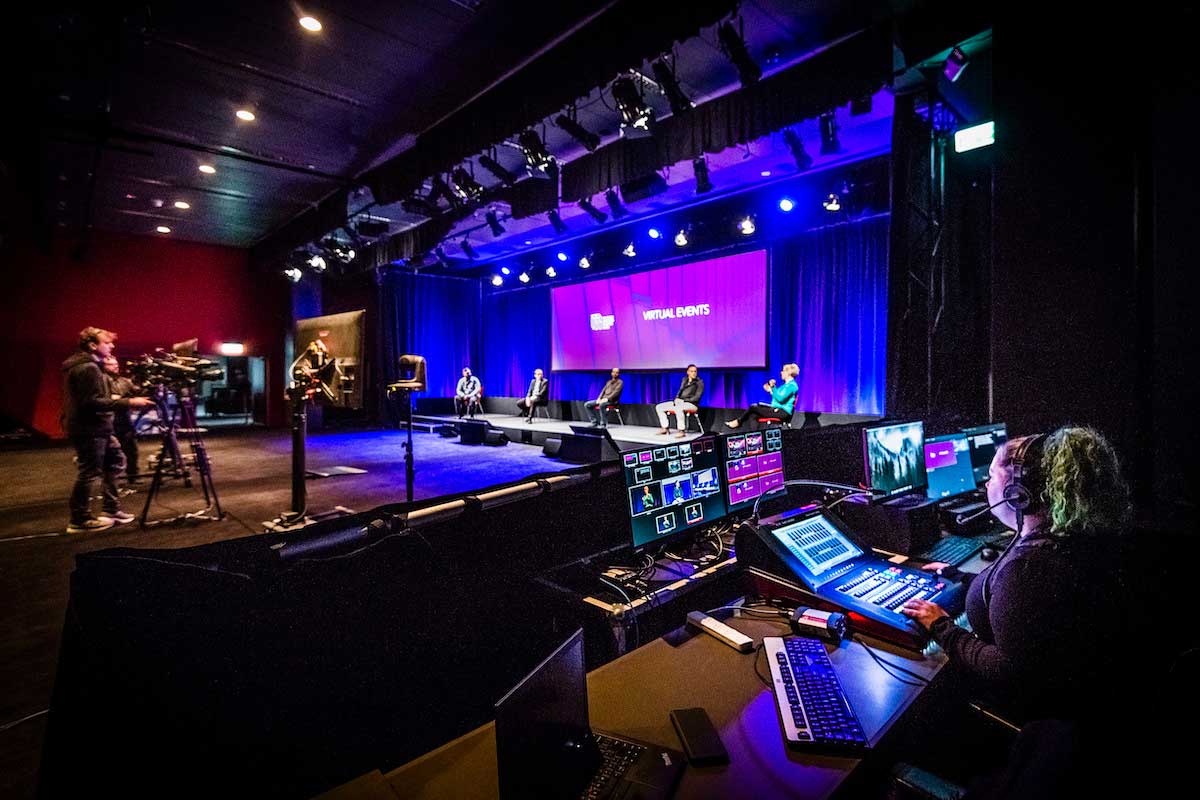
Meetings with purpose
Swanson believes there is a huge opportunity for the sector to continue to grow its focus on legacy outcomes. Organisations can look to create legacy visioning into their forward planning—setting goals well in advance on what they want to achieve for their organisations, members, delegates and destinations.
Sustainability and wellness
“Planners will increasingly include environmental credentials in their request for proposal and seek assistance from convention bureaux and the supply chain to minimise their impact,” Swanson says. “And health and wellness will continue to be top of mind for all event participants, with COVID-safety and risk mitigation remaining for the foreseeable future. Destinations with high vaccination rates, COVID-safety standards of venues and trusted healthcare systems will have a competitive advantage.
“Further to that, I see the wellness of attendees growing in importance. This will increase focus on outdoor events, pre- and-post regional touring and incorporating wellness programmes into meeting design,” she says.
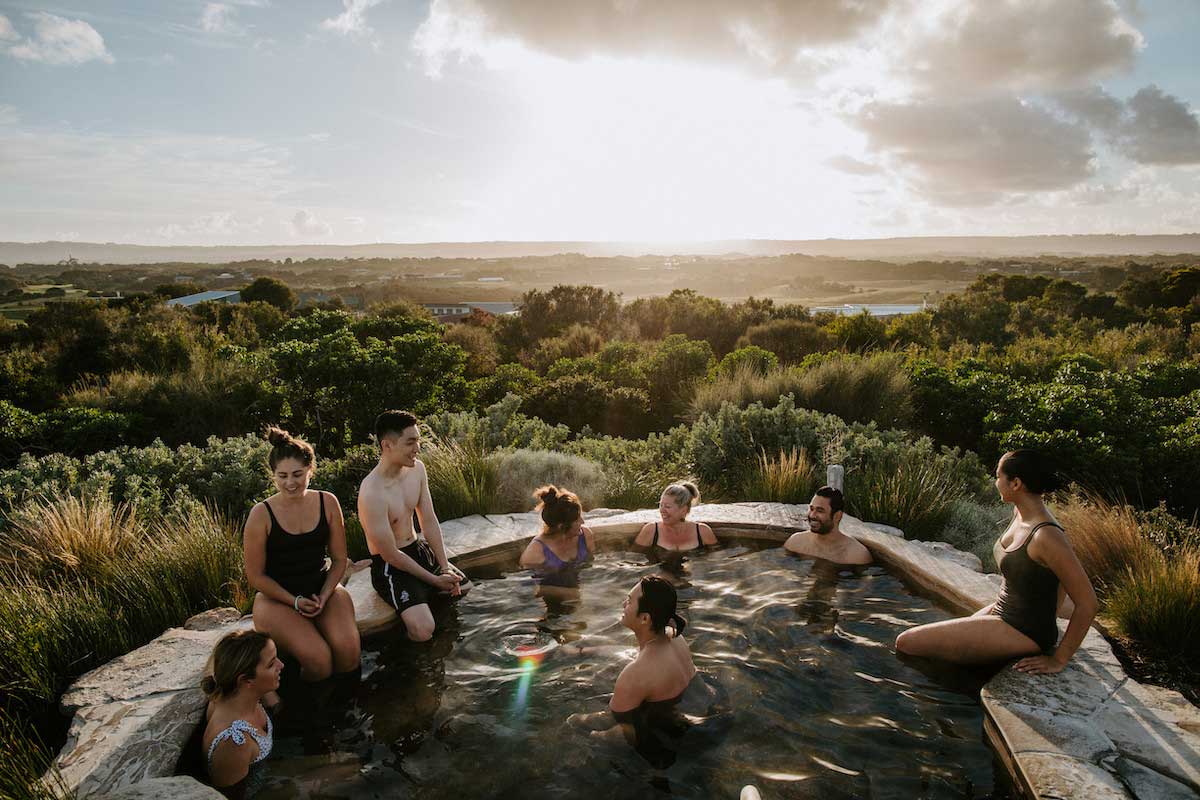
Engage with a convention bureau
To get the most value out of an event in a post-pandemic world, Swanson recommends event planners should consider engaging with a destination’s convention bureau.
“In today’s fast-paced, changing world, the event industry has evolved and opportunities to connect can certainly be overwhelming,” she says. “This is exactly where a convention bureau can step in and help.”
Click here to watch how your conference can come to life in Melbourne or contact the team at info@melbournecb.com.au.
PHOTOS:
The Lume, Melbourne.
MCEC hybrid event capabilities. Credit: Stewart Donn
Peninsula Hot Springs.
